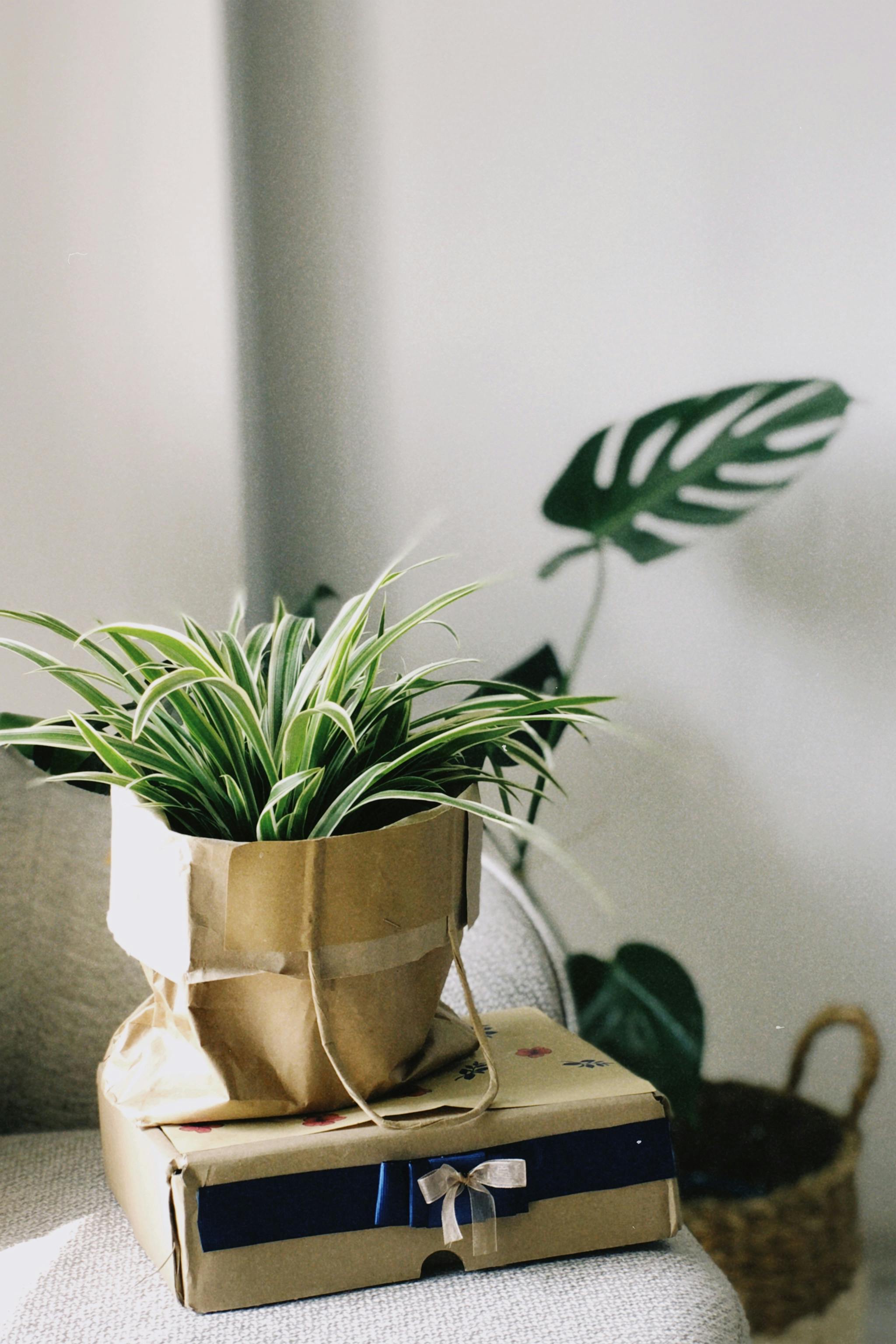So you’ve planted a beautiful garden, filled with colorful flowers and delicious vegetables. The only problem? Deer seem to think it’s their personal buffet, feasting on your hard work. But before you resort to costly and potentially harmful deterrents, there may be a simpler solution hiding in your kitchen cabinet: coffee grounds. Yes, that’s right – those leftover grounds from your morning brew could potentially keep those pesky deer at bay. But just how effective are coffee grounds in deterring these hungry creatures? Let’s find out.
I. Do Coffee Grounds Really Keep Deer Away?
A. The Claim
There is a popular belief among gardeners and homeowners that coffee grounds can effectively repel deer and keep them away from plants and gardens. The claim is that the strong scent of coffee grounds acts as a deterrent for deer and prevents them from entering and damaging the area.
B. Research Findings
While anecdotal evidence suggests that coffee grounds can indeed repel deer, there is currently limited scientific research to support this claim. Most studies on deer repellents focus on synthetic or chemical-based products, rather than natural remedies like coffee grounds. However, deer have a strong sense of smell, and it is widely believed that strong scents can deter them.
C. Effectiveness of Coffee Grounds as a Deer Repellent
The effectiveness of coffee grounds as a deer repellent may vary depending on factors such as the concentration of coffee grounds used, the specific deer population in the area, and individual deer behavior. Some gardeners report success in using coffee grounds to deter deer, while others have not found it to be effective. It is important to note that coffee grounds alone may not be a foolproof solution, and additional deer deterrence methods may be necessary.
II. Understanding Deer Behavior
A. Deer Feeding Habits
Deer are herbivores and consume a variety of plants, including shrubs, flowers, vegetables, and trees. Their feeding habits can be destructive to gardens, leaving behind damaged plants, chewed leaves, and broken branches. Deer are especially attracted to tender shoots and plants with succulent foliage, making them a common nuisance for gardeners.
B. Factors that Attract Deer
Deer are attracted to areas with abundant food sources, water, and shelter. They are particularly drawn to gardens that offer an easy and accessible food supply. Factors such as the proximity of forests or wooded areas, absence of natural predators, and the presence of plants that deer find appealing can contribute to the attraction of deer to a particular area.
C. Methods of Deer Deterrence
To deter deer from entering gardens and damaging plants, various methods can be employed. These range from physical barriers, such as fences or netting, to the use of scent-based repellents and noise devices. Understanding deer behavior and their preferences can assist in developing an effective deer deterrence strategy.

III. Coffee Grounds as a Deer Repellent
A. How Coffee Grounds Work
Coffee grounds are believed to be effective in repelling deer due to their strong smell. Deer have a keen sense of smell and are sensitive to odors, particularly those associated with potential danger. The pungent aroma of coffee grounds may confuse or deter deer, making them less likely to approach plants treated with coffee grounds.
B. Using Coffee Grounds Effectively
To increase the effectiveness of coffee grounds as a deer repellent, it is essential to use them in the right manner. Sprinkling a generous amount of coffee grounds around the perimeter of a garden or on individual plants can create an olfactory barrier that deer may find unpleasant. It is recommended to replenish the coffee grounds regularly, especially after rain or irrigation, to maintain a strong scent.
IV. Other Natural Deer Repellents
A. Strong-Smelling Plants
Planting strong-smelling plants, such as lavender, garlic, or marigold, can help deter deer from entering gardens. The strong scents emitted by these plants can mask the enticing smells of nearby vegetation, making the area less appealing to deer.
B. Predator Urine
The scent of predator urine, such as that of coyotes or mountain lions, can also be effective in deterring deer. Commercial products containing predator urine can be sprayed around the garden perimeter or on plants to create the illusion of a predator presence, keeping deer at bay.
C. Fencing
Fences provide physical barriers that can effectively prevent deer from entering gardens. Properly installed and adequately tall fences can be an excellent long-term solution for deer deterrence. However, it is crucial to ensure that fences are constructed to withstand deer pressure, as these animals are skilled jumpers and can clear low fences easily.
D. Noise Devices
Using noise-making devices, such as wind chimes or motion-activated alarms, can startle and scare deer away. The sudden loud noises create an unpredictable and potentially threatening environment for deer, making them less likely to approach gardens.

V. Potential Drawbacks and Limitations of Coffee Grounds
A. Short-Term Effectiveness
While coffee grounds may provide short-term relief from deer damage, their effectiveness can diminish over time. Deer may become habituated to the scent or overcome their initial aversion to coffee grounds, rendering them less effective as a long-term deer deterrent.
B. Environmental Impact
Coffee grounds, when used in moderation, have a minimal environmental impact. However, excessive use of coffee grounds may alter soil pH levels and affect the growth and health of plants. It is important to use coffee grounds sparingly and avoid directly applying them to plants or sensitive areas of the garden.
C. Other Factors to Consider
Coffee grounds should not be solely relied upon as the sole deer deterrent method. Factors such as deer population density, proximity to natural deer habitats, and the availability of alternative food sources can influence the effectiveness of coffee grounds as a deer repellent. It is recommended to combine various deer deterrence methods for optimal results.
VI. Steps to Use Coffee Grounds as a Deer Repellent
A. Collecting Coffee Grounds
To use coffee grounds as a deer repellent, start by collecting used coffee grounds from coffee shops, cafes, or your own home. Ensure that the coffee grounds are fully dry to prevent mold growth. Coffee grounds can be stored in a sealable container until ready for use.
B. Applying Coffee Grounds Properly
When applying coffee grounds, focus on areas where deer are likely to enter or feed, such as garden perimeters or target plants. Generously sprinkle the coffee grounds around the desired areas, creating a barrier with a strong scent. Reapply the coffee grounds regularly, especially after rainfall or watering, to maintain their effectiveness.

VII. Tips and Tricks for Effective Deer Deterrence
A. Rotate Deer Deterrents
Deer can become accustomed to specific deterrent methods over time. To prevent habituation, it is advisable to rotate the use of different deer repellents, including coffee grounds, strong-smelling plants, or noise devices. Alternating methods can increase their overall effectiveness.
B. Combine with Other Methods
Coffee grounds can be used in conjunction with other natural deer repellents, such as planting strong-smelling plants or using noise devices. Combining multiple deterrent methods can create a multi-sensory deterrent environment that makes the area less attractive to deer.
C. Maintain a Tidy Garden
Deer are more likely to be attracted to areas with abundant food sources or areas where plants are easily accessible. Regularly remove fallen fruits, vegetables, or other food debris that may entice deer into the garden. Keeping the garden tidy and free from clutter can help reduce deer attraction.
D. Avoid Attracting Deer
To minimize deer activity near your property, avoid planting their preferred food sources, such as hostas, roses, or tulips. Research deer-resistant plants and opt for those that are less likely to be consumed by deer. Creating an unappealing environment for deer can discourage their presence.
VIII. Other Practical Deer Deterrents
A. Motion-Activated Sprinklers
Motion-activated sprinkler systems can startle deer with bursts of water, effectively scaring them away from gardens. These devices use sensors to detect deer movement and automatically activate sprinklers, creating an unexpected and unwelcome experience for deer.
B. Repellent Sprays
Commercially available deer repellent sprays can be applied directly to plants to deter deer. These sprays typically contain strong-smelling substances that deer find unpleasant, making the plants less attractive as a food source. It is important to follow the instructions on the repellent spray label for safe and effective use.
C. Noise-Making Devices
Noise-making devices, such as ultrasonic devices that emit high-frequency sounds or wind chimes, can be effective in deterring deer. These devices disrupt and confuse deer, making them uncomfortable and less likely to linger in the area.
IX. Conclusion
A. Summary of Findings
While coffee grounds have been reported to be effective in repelling deer, scientific research on their specific effectiveness is limited. Coffee grounds work by emitting a strong scent that deer may find unpleasant. However, the long-term efficacy of coffee grounds as a deer repellent may vary, and it is important to consider other deterrent methods as well.
B. Considerations for Deer Control Methods
When dealing with deer damage, it is essential to take into account factors such as deer behavior, population density, and individual garden characteristics. No single method can guarantee complete deer repellence, and a combination of strategies may be necessary for effective deer control. Experimentation with different deterrent methods, including coffee grounds, can help identify the most suitable approach for each specific situation.
X. Frequently Asked Questions
A. Can used coffee grounds deter deer?
While there is limited scientific research on the topic, anecdotal evidence suggests that used coffee grounds can act as a deer deterrent due to their strong scent. However, the effectiveness may vary depending on deer behavior and individual preferences.
B. How often should I apply coffee grounds to repel deer?
To maximize the effectiveness of coffee grounds as a deer repellent, it is advisable to apply them regularly, especially after rainfall or watering. Replenishing the coffee grounds ensures that the strong scent remains and creates an ongoing deterrent.
C. Can coffee grounds harm my plants?
When used in moderation, coffee grounds are generally safe for plants. However, excessive use of coffee grounds can alter soil pH levels and affect plant health. It is best to use coffee grounds sparingly and avoid direct application to sensitive areas of the garden.
D. Are there any plants that deer are less likely to eat?
Yes, there are certain plants that deer are less likely to consume due to their taste or texture. Examples include daffodils, foxgloves, lavender, and yarrow. It is advisable to research and choose deer-resistant plants for gardens located in areas with high deer populations.
E. What should I do if coffee grounds do not work for deterring deer?
If coffee grounds alone do not prove effective in deterring deer, it is recommended to try a combination of other deer deterrent methods, such as planting strong-smelling plants or using noise devices. Rotating different deterrents can increase overall effectiveness and reduce deer damage to gardens.
